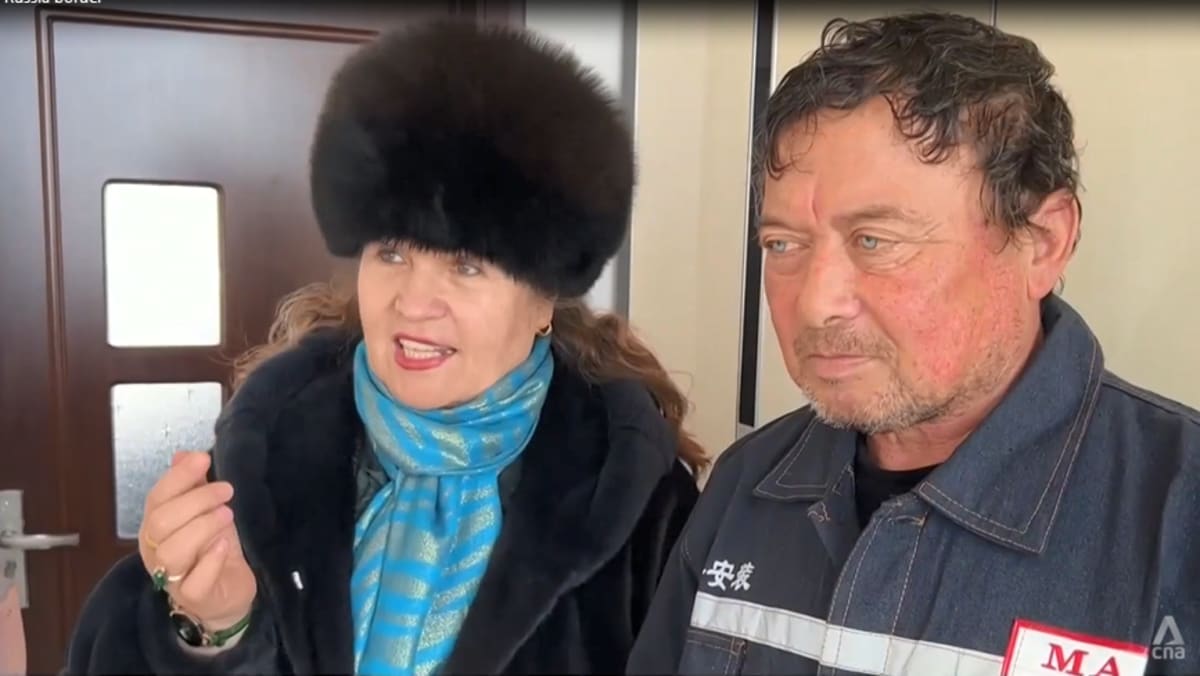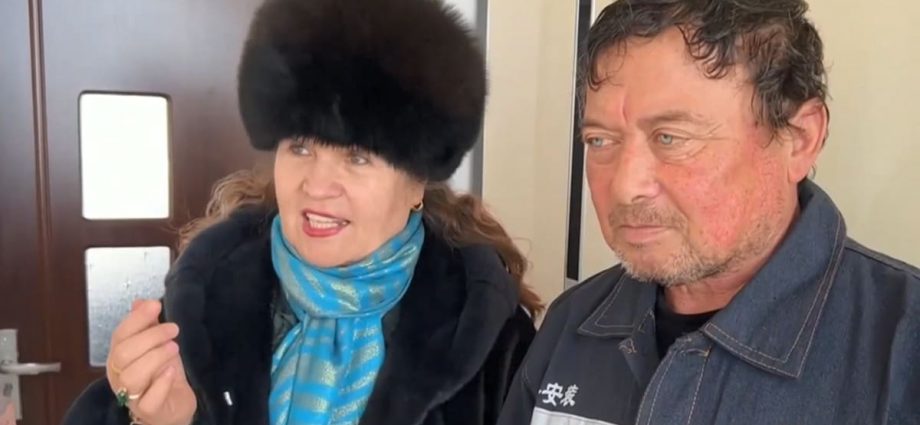
HEIHE, Heilongjiang: In the city of Heihe at the northeastern border of China, the Russian town of Blagoveshchensk can be seen in the distance, across the Heilongjiang – also known as the Amur River.
Here, the close ties between China and Russia can be observed in the food, the architecture, and in the faces of the people.
With their blue eyes and brown hair, some men and women in this city look like Russians, but they are in fact Chinese nationals of a Russian ethnic minority group.
“My great-grandfather and great-grandmother escaped from Russia to come here,” Ms Peterluowa, a brown-haired, blue-eyed Chinese citizen said in fluent Mandarin.
“And this man here, his great-grandfather went to Russia to find a Russian wife,” she added, pointing to her friend Zhao Zhencheng, a dark-haired, blue-eyed man with rosy cheeks.
“I am a Chinese (of Han ethnicity). I was born in China and studied Chinese culture,” chipped in Mr Zhao, a baker who owns a restaurant.
These ethnic Russian Chinese citizens said that crossing the border causes a lot of confusion for the border guards on both sides due to their facial features.
“When we visit Russia, the Russians get confused, especially the border inspectors. When we come back to China, the Chinese border inspectors get confused,” Ms Peterluowa said, laughing.

